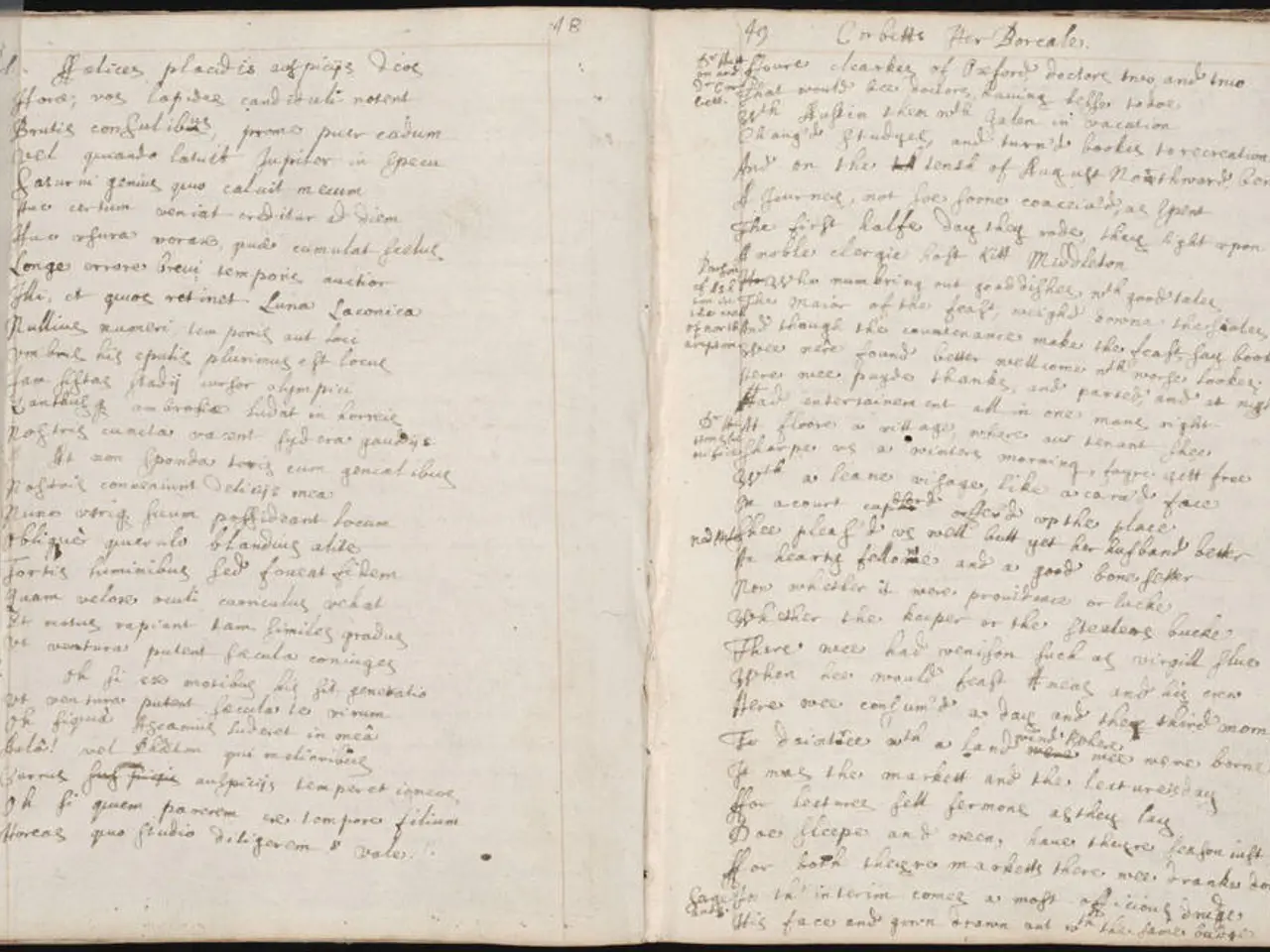Instructions for Literature Reviews
Writing an Effective Abstract for a Literature Review
An abstract is a crucial component of a literature review, serving as a quick and concise summary that helps readers determine the relevance of the study to their interests. Here are the key steps for crafting an effective abstract:
- Define the Focus: Clearly articulate the topic or research problem that the literature review addresses, making it clear to the reader what the review is about.
- Specify the Scope: Briefly outline the scope of the review and the criteria used to select sources, providing context for the reader.
- Highlight Major Findings: Summarise the main themes, trends, or gaps found in the literature, giving readers a glimpse of the key findings of the review.
- Ensure Clarity and Conciseness: Write a standalone summary that is concise, well-organised, and easily readable, avoiding unnecessary details.
- Avoid Citations and Detailed Explanations: The abstract should not include references, acronyms without explanation, or figures and tables.
- Follow Structural Guidelines: If provided, adhere to the instructions from the target journal or professor regarding the structure of the abstract.
A well-written abstract increases the visibility, accessibility, and impact of a literature review. It offers a quick overview of the research topic, aims, major findings, and implications, acting as the first point of contact between the research and its potential audience. Unlike the full literature review, the abstract does not delve into detailed analysis or discussion but rather highlights the key aspects.
To ensure the abstract accurately reflects the content of the literature review, it is essential to proofread it carefully for grammatical and typographical errors, use clear and concise language, avoid complex terminology or jargon, and write in the third person. Additionally, optimising the title for search engines can improve its visibility.
When writing an abstract, start by presenting the theme of your literature review and its significance to your field of study. Incorporate relevant keywords and phrases to improve the discoverability of your literature review by search engines. The abstract provides a compact version of the study, assisting researchers in recognising the relevance of the review to their work. A well-written literature review abstract effectively disseminates research findings. Focus on the most important information in the abstract and avoid unnecessary details. Ensure a logical flow of thought in the abstract with clear, active language. Provide a concise summary of the methods of data collection and results, present the main findings, trends, or insights from your investigation.
Researching effective strategies for writing abstracts in the context of education-and-self-development, particularly online-education, involves examining existing literature and analyzing the key trends and findings. Learning from such literature reviews can enhance the quality of abstracts, leading to increased visibility, accessibility, and impact in online-education. Crafting a well-structured abstract is essential for disseminating research findings effectively, thus contributing significantly to the field of education-and-self-development.




